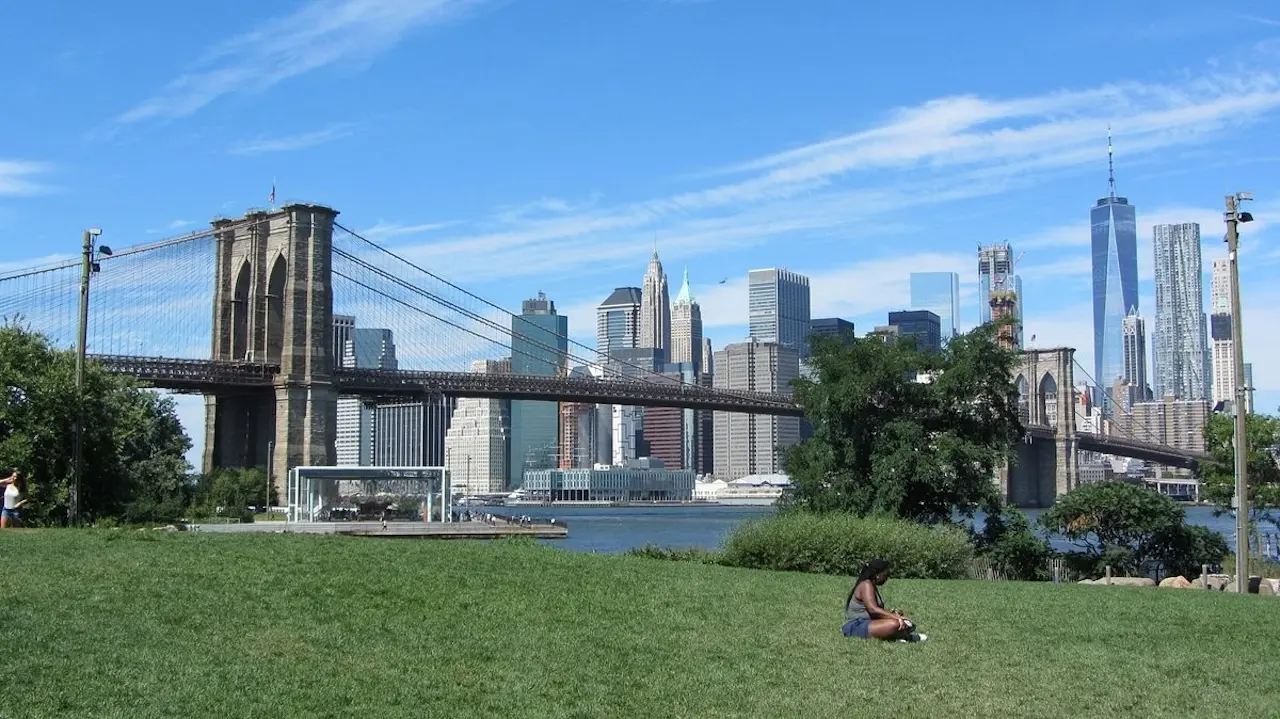Bronx’s District 13 Swings Back to Democrats as Aldebol Ousts Marmorato by 2,000 Votes

The Bronx’s lone Republican council seat has swung back to Democratic hands, signalling a shift in New York City’s fickle political tides and hinting at larger pressures shaping urban politics nationwide.
One can almost set a clock by Bronx politics, so rare are its surprises. In 2021, the borough delivered a seismic jolt: Kristy Marmorato, a Republican, narrowly won the Council’s 13th District, unseating decades of unbroken Democratic rule. Her victory, by a paltry few hundred ballots, marked the first GOP win for a Bronx council seat in a generation—a result that gave her party a rare toehold in deep-blue New York.
That red blip has now vanished. This month, Shirley Aldebol, a Democrat and veteran labor organizer, reclaimed the district by almost 2,000 votes. For observers tracking the city’s political atmospherics, Aldebol’s win portends an abrupt end to the borough’s Republican experiment and hints at waning GOP momentum in New York.
At surface level, the result was a foregone conclusion. The Bronx leans heavily Democratic, with registered Democrats outnumbering Republicans by more than seven to one. Ms Aldebol’s candidacy, steeped in union bona fides and community activism, rallied the party faithful with ease. But Marmorato’s defeat was not just a matter of lopsided voter rolls. It reflected a strategic retrenchment, as city Democrats sought to erase the embarrassment of having lost so central a bastion.
For the city, the stakes may be modest but not negligible. Council District 13 sprawls across the northeast Bronx—a diverse patchwork of Throggs Neck, Pelham Bay, and Morris Park—where anxieties over public safety and housing have lately cleaved the electorate. Marmorato’s GOP pitch emphasised policing and fiscal restraint. Aldebol, by contrast, invoked a classic Democratic formula of labour rights, municipal investment, and incremental reform.
The first-order impact is psychological, if not structural. No laws will be repealed or budgets overturned simply because power changed hands. But the result gels with a broader trend: Democratic consolidation in urban legislatures. For New Yorkers, the episode is instructive. Last cycle’s flirtation with bipartisanship melted in the face of robust party machinery and distaste for Trump-era Republicanism.
Second-order consequences, however, may be more subtle. For city business, a fully Democratic Bronx delegation promises less dissent and more predictability at City Hall. Union groups, ever influential in Gotham, regain an advocate in Aldebol, who counts decades with the Service Employees International Union (SEIU) among her credentials. Labour’s role in municipal policymaking—budget negotiations, protections for public-sector workers—appears secure, if not ascendant.
Yet the outcome is not merely a Bronx affair. Urban politics across the country have careened between incremental Democratic gains and Republican incursions. In cities like Los Angeles and Chicago, the Republican presence is vestigial. Only occasionally do local upsets—as with Marmorato’s brief tenure—hint at any realignment. The Bronx’s swift reversion underscores how transient such shifts often prove, especially where party affiliation is shaped more by identity and social networks than ideology.
A tale of urban partisanship and its limits
Why did the GOP’s foothold falter so quickly? For one, the district’s demographic undercurrents still favour the Democrats, with large numbers of union households, older residents, and recent immigrants. Republican outreach, buoyed in 2021 by frustration over public disorder and pandemic closures, failed to sustain momentum as the city rebounded and memories of 2020 faded.
Moreover, Council District 13’s experiment with Republican representation delivered few tangible wins—or at least, none potent enough to trump party loyalty. Marmorato’s two-year tenure, though not without effort, was largely drowned out by a Democratic supermajority unenthusiastic about Republican proposals. The potency of a single dissenting voice proved meagre when set against a chamber disinclined to compromise.
The result mirrors a national paradox. Even as Republicans fret about urban crime and the cost of living—issues with some resonance among city-dwellers—urban electorates appear solidly wedded to the Democratic brand. The party’s embrace of labour, immigrant communities, and local service delivery continues to pay electoral dividends, especially in districts like the Bronx’s 13th, where generational party identification persists.
Still, the narrowness of the previous contest should not go unheeded. The Democratic margin of victory, though a comfortable 2,000 votes this cycle, is less overwhelming than one might expect in a district where Republicans are all but an endangered species. To us, this suggests an undercurrent of restlessness—an electorate with concerns unaddressed by party orthodoxy, from rising rents to stagnant wages to police accountability.
This bodes both opportunity and risk for New York Democrats. Should they grow complacent, local gripes may once again open the door to insurgents. But, for now, the blue wall is intact.
Aldebol’s return from the annual “SOMOS El Futuro” conference in Puerto Rico, a key ritual for New York’s Hispanic politicos, sets the tone: a party reasserting itself, speaking the language of coalition and solidarity. Such signals suggest that the city’s Democratic establishment, chastened by recent upsets, is determined to avoid further embarrassment—at least in the Bronx.
The real challenge, as ever, is to translate political dominance into tangible improvements: safer streets, affordable housing, and efficient city services, lest the council become a stage for performative harmony rather than genuine reform. New York’s voters, while reliably partisan, are nothing if not exacting in their expectations for results.
In the end, the Bronx’s brief Republican experiment will likely appear, in retrospect, as a curiosity—a reminder that even the most monolithic political landscapes can suffer the occasional tectonic twitch. But barring dramatic changes, we reckon Republicanism’s prospects in the borough will remain puny for some time yet. The challenge for Democrats, meanwhile, will be to prove that their dominance is more than mere habit.
■
Based on reporting from NYC Headlines | Spectrum News NY1; additional analysis and context by Borough Brief.